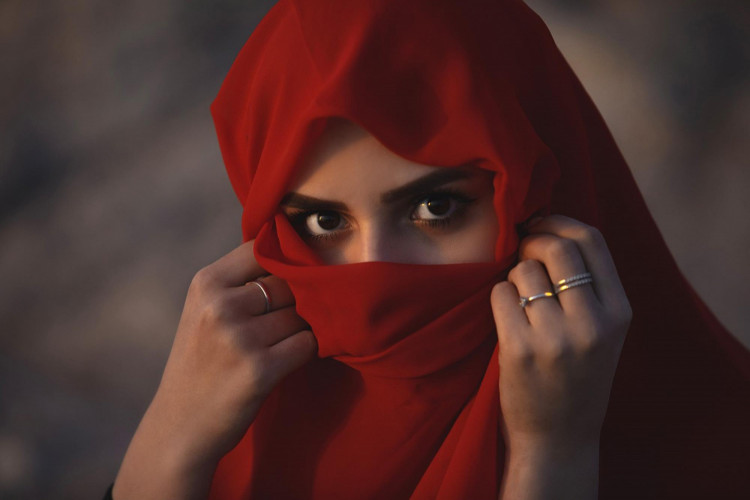Sri Lanka will ban the wearing of burqa or face veil and close more than a thousand Islamic schools, Reuters reported Sunday, citing a Cabinet official.
Public Security Minister Sarath Weerasekara on Saturday said authorities would use the controversial Prevention of Terrorism law to deal with religious extremism, with extensive authority to detain suspects for up to two years as part of sweeping efforts to 'deradicalise' them, a move that human rights defenders have called 'draconian.'
"Yesterday, I signed a cabinet paper to ban the burqa. It affects our national security directly. In our early days' Muslim women and girls never wore the burqa. It is a sign of religious extremism that came about recently," Reuters quoted Weerasekara as saying.
After the IS-inspired Easter terror attack in Sri Lanka in April 2019 on hotels and churches that claimed the lives of more than 260 people, the government temporarily prohibited the face covering using emergency laws.
The Security official also said Sri Lanka would ban more than a thousand Madrassas, saying they're not registered with the authorities and don't follow the national education law. Sri Lanka has more than 2,000 madrasa schools.
"Nobody can open a school and teach whatever you want to the children," Weerasekara said. The decision to ban face veils and Islamic schools is the latest move affecting the country's minority Muslim community.
The government's actions to ban burqas and shut down schools comes after an order was made in 2020 that makes it compulsory the cremation of COVID-19 victims -- against the laws of Muslims, who bury their dead. The ban was lifted earlier this year after criticism from the U.S. and international rights organizations.
Muslims comprise around 9% of Sri Lanka's 22 million population, where Buddhists make up more than 70% of the population. Ethnic minority Tamils make up around 15% of the population.






